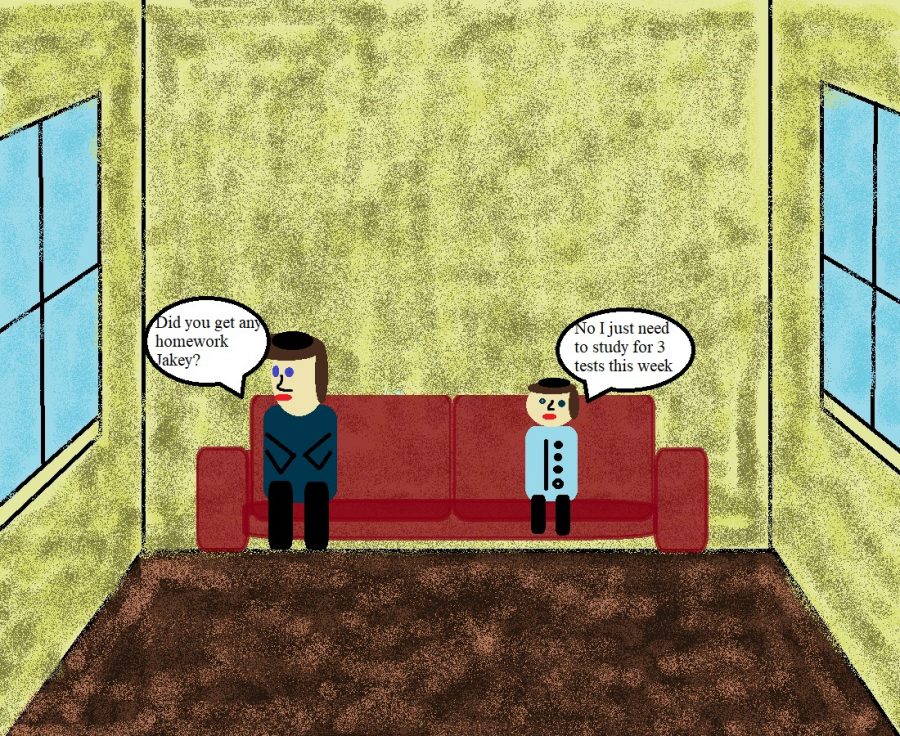January SFAC: A Summary
SFAC, otherwise known as the Student Faculty Administration Committee, met on January 6th to discuss two topics: the Science department and the Tanakh department at Ramaz. The committee explored new ideas like a possible Tanakh clinic and scrutinized previously debated topics, like the pros and cons of last year’s chemistry testing system.
The Science department encompasses physics, chemistry, and biology, making up a substantial part of the Ramaz curriculum. The committee, joined by department chair Ms. Brachot, opened the discussion with Science clinics and their usefulness to students. One member observed that it can be difficult for teachers who run clinics to cater to students from different tracks of the subject they require help in. Other students agreed with the statement, and to provide a solution, one member suggested separate clinics for each track. However, the idea was dismissed due to the logistics of the idea. Soon after, the purpose of clinics was debated. Some felt that clinics are mainly for test review, and others maintained that clinics were directed towards students who are struggling with class material. The majority of the committee members agreed with the latter statement. Last year’s chemistry quizzing system was brought up, and students shared their experiences. Some preferred the system over traditional testing, but others explained that they benefited from traditional testing and disliked the innovative model.
The Tanakh department was the next topic discussed. The department chair, Rabbi Stavsky, asked the students of the committee for their thoughts about the curriculum. One student stated that Tanakh classes focused too much on translating psokim and also suggested that teachers should focus on the context of the psokim, and less so on commentaries. Another student disagreed, mentioning that she enjoyed commentaries. The student also requested to learn more commentaries in class. Students in the committee were asked whether or not a Tanakh clinic would be beneficial. A student stated that a Tanakh clinic would, in fact, be helpful to them, because just as students need foundational help in other subjects, so too do they need help in Tanakh class. The committee also discussed implementing a standard within the department regarding assigning homework— students mentioned that they felt as if teachers assigned homework spontaneously. Lastly, the students of the committee unanimously agreed that Takakh tests should not be in Hebrew, stating that a richer discussion of ideas would arise from this change.



